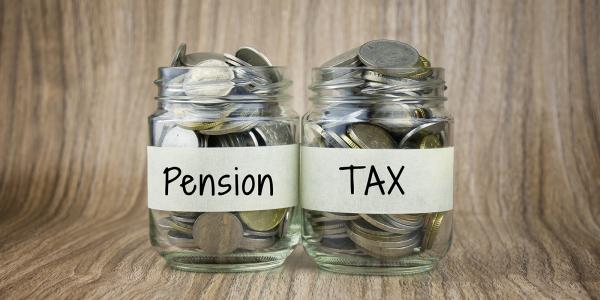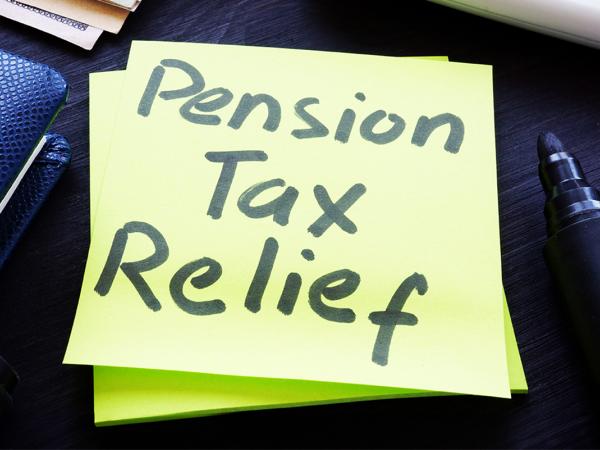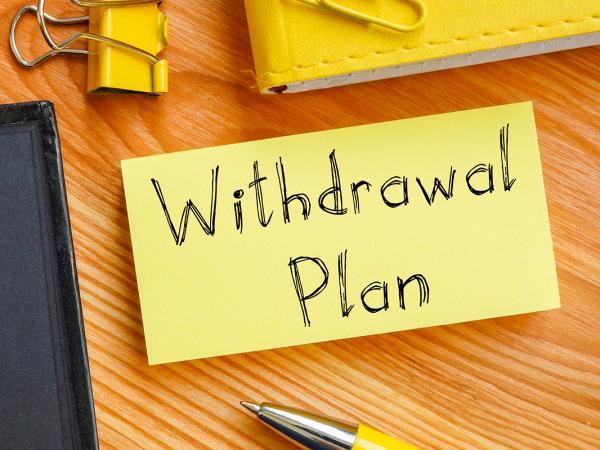Pensions and tax
This page and the pages that follow give you basic information on the state pension and UK personal and occupational pensions. It is for general guidance only and does not constitute pensions advice, such as which type of scheme might be best for you, or whether you should pay into a particular pension.

Content on this page:
Overview
Personal and occupational pensions are a way of helping you to save up towards your retirement.
If you are a relevant UK individual and are under the age of 75, you can usually get tax relief on contributions you pay into pensions. We explain more about how tax relief is given on our page Tax relief on pension contributions. The idea is to encourage people to provide for their own retirement rather than rely on the state pension.
As well as getting tax relief on what you pay into your pension, growth on your pension savings within the fund is also generally free of tax. The money that you contribute into your pension pot will be invested by the pension company. Any returns that are made are further invested, so that returns are earned on top of returns, known as ‘compounding’.
Taking money out
You should bear in mind that once your money has been saved into a private pension there are rules on how much you can take out (depending on the type of pension you have) and when you can take it. You can read more about these rules on our page Pension withdrawals.
When money from pensions is paid out to you, it is generally taxable, but you should be able to take part of the pension as a tax-free lump sum. You can read more about this on our pages Tax on pension income and What pension income is tax-free?.
Further information
MoneyHelper and Pension Wise
Pensions are complicated. The government’s MoneyHelper website provides free information and guidance on pension schemes. It also provides information on choosing a financial adviser.
The government offers a free service, called Pension Wise (as part of MoneyHelper) aimed at people thinking about taking money out of their pension. This provides basic information on your possible options.
Contacting HMRC
HMRC have a general helpline for individuals, pensioners and employees, which you can phone if your question relates to income tax on your pension.
The state pension
The Department for Work and Pensions’ website yourpension.gov.uk has information about the state pension. Our own guidance, including how it is accrued, taxed and on deferrals, can be found on our page The state pension.
Saving into pensions – auto-enrolment
For information about workplace auto-enrolment pensions, read our guidance. There is also information about workplace pensions on the website workplacepensions.gov.uk.
GOV.UK has more information on various types of pensions.



